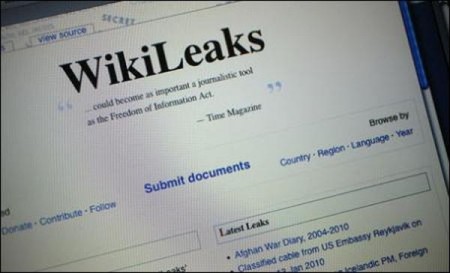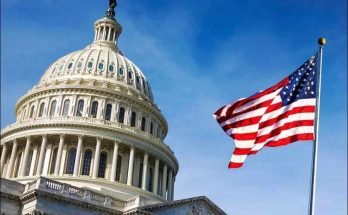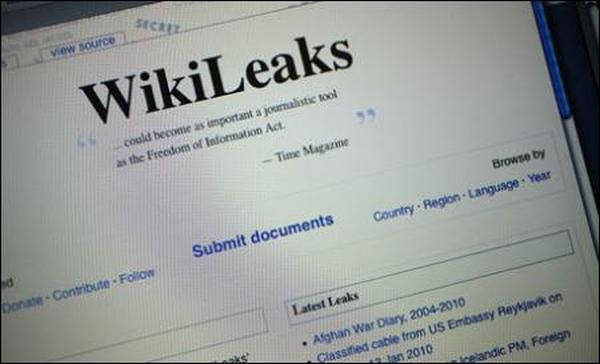The covert world of high-level diplomacy gets a rare spotlight in docs released by WikiLeaks.
On Sunday, five international news outlets published a selection of more than 250,000 U.S. diplomatic cables, provided by the website WikiLeaks. The disclosure of the cables, most of them from the past three years, offers a rare unfiltered view of the secretive world of high-level diplomacy. As such, it could complicate relations with a host of friendly and unfriendly nations.
But what did we actually learn? Here are 10 key revelations from the cables:
- Many Middle Eastern nations are far more concerned about Iran’s nuclear program than they’ve publicly admitted. According to one cable, King Abdullah of Saudi Arabia has repeatedly asked the U.S. to “cut off the head of the snake” — meaning, it appears, to bomb Iran’s nuclear program. Leaders of Qatar, Jordan, the United Arab Emirates and other Middle Eastern nations expressed similar views.
-
The U.S. ambassador to Seoul told Washington in February that the right business deals might get China to acquiesce to a reunified Korea, if the newly unified power were allied with the United States. American and South Korean officials have discussed such a reunification in the event that North Korea collapses under the weight of its economic and political problems.
-
The Obama administration offered sweeteners to try to get other countries to take Guantanamo detainees, as part of its (as yet unsuccessful) effort to close the prison. Slovenia, for instance, was offered a meeting with President Obama, while the island nation of Kiribati was offered incentives worth millions.
-
Afghan Vice President Ahmed Zia Massoud took $52 million in cash when he visited the United Arab Emirates last year, according to one cable. The Afghan government has been plagued by allegations of corruption. Massoud has denied taking the money out of the country.
-
The United States has been working to remove highly enriched uranium from a Pakistani nuclear reactor, out of concern that it could be used to build an illicit nuclear device. The effort, which began in 2007, continues.
-
Secretary of State Hillary Rodham Clinton ordered diplomats to assemble information on their foreign counterparts. Documents in the WikiLeaks cache also indicate that Clinton may have asked diplomats to gather intelligence on U.N. Secretary General Ban Ki-moon’s plans for Iran, and information on Sudan (including Darfur), Afghanistan, Pakistan, Somalia, Iran and North Korea.
-
The State Department labeled Qatar the worst country in the region for counterterrorism efforts. The country’s security services were “hesitant to act against known terrorists out of concern for appearing to be aligned with the U.S. and provoking reprisals,” according to one cable.
-
Russian Prime Minister Vladimir Putin and Italian Prime Minister Silvio Berlusconi are tighter than was previously known. Putin has given the high-living Berlusconi “lavish gifts” and lucrative energy contracts, and Berlusconi “appears increasingly to be the mouthpiece of Putin” in Europe, according to one cable.
-
Hezbollah continues to enjoy the weapons patronage of Syria. A week after Syrian president Bashar Assad promised the United States he wouldn’t send “new” arms to the Lebanese militant group, the United States said it had information that Syria was continuing to provide the group with increasingly sophisticated weapons.
-
Some cables reveal decidedly less than diplomatic opinions of foreign leaders. Putin is said to be an “alpha-dog” and Afghan President Hamid Karzai to be “driven by paranoia.” German Chancellor Angela Merkel “avoids risk and is rarely creative.” Libyan leader Moammar Gadhafi travels with a “voluptuous blonde” Ukrainian nurse.
The cables were obtained, via WikiLeaks, by the New York Times, the Guardian of Britain, Der Spiegel of Germany, Le Monde of France and El Pais of Spain.
Views: 327





